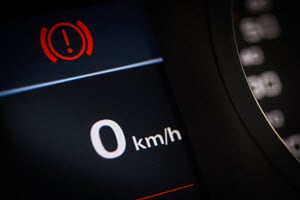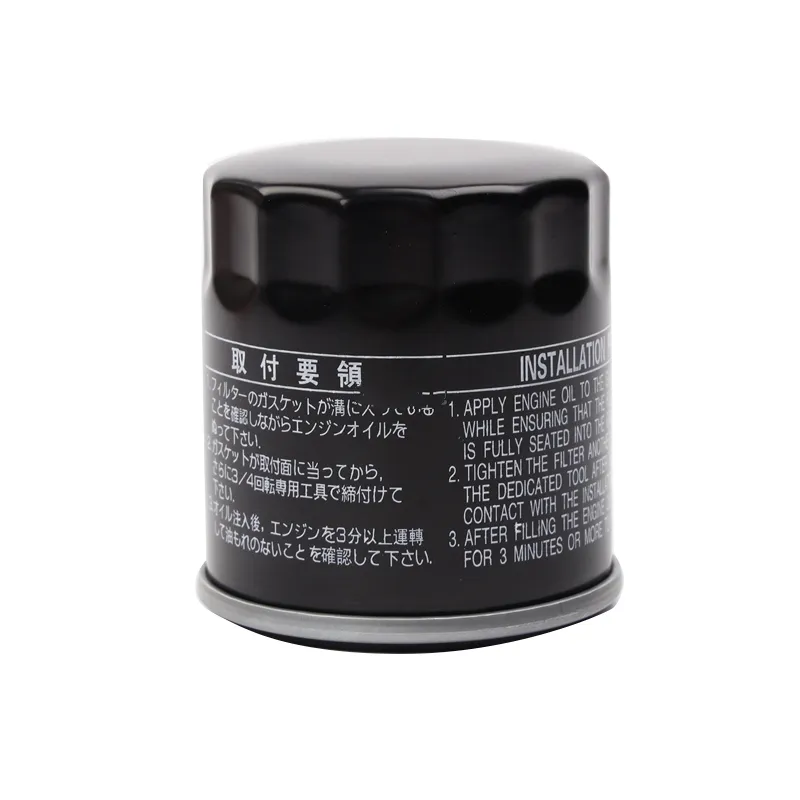Apr . 17, 2024 09:19 Back to list
How Often Should I Change My Oil Filter? Oil Filter
Everyone who drives a car knows that you need to have your oil changed on a regular basis (usually every 3,000 or 6,000 miles, depending on your vehicle), but few people even realize that there's also an oil filter in your system that has to be swapped out. This important part of your engine filters out dirt and grime to keep your engine from getting clogged and fouled.
 For the most part, changing your oil filter is part of your routine maintenance, but what happens when your warranty plan runs out and you're determining what to do and when? Many drivers in Manalapan, Freehold, Englishtown, and Marlboro wonder how often to have their oil filter changed during preventative maintenance. Learn how often to change oil filter based on a number of factors, including make and model, dash lights, harsh driving, and other circumstances.
For the most part, changing your oil filter is part of your routine maintenance, but what happens when your warranty plan runs out and you're determining what to do and when? Many drivers in Manalapan, Freehold, Englishtown, and Marlboro wonder how often to have their oil filter changed during preventative maintenance. Learn how often to change oil filter based on a number of factors, including make and model, dash lights, harsh driving, and other circumstances.
90915-YZZE1 OIL FILTER FOR TOYOTA ENGINE 90915-YZZE1
How Often to Change Oil Filter?
Knowing how often to change oil filter depends on a number of factors. Many manufacturers recommend that the oil filter be replaced every second time you get your oil changed. So, if you're on a 3,000-mile cycle you'd change your filter every 6,000; if you're on a 6,000-mile cycle (as with most modern vehicles) you'd change out every 12,000. However, there are other factors that come into play and some mechanics recommend more frequent replacement.
Every Oil Change
In general, most newer vehicles are designed to run on 6,000 or 7,500-mile cycles for oil changes (the old 3,000-mile cycle is a myth in terms of newer vehicles). Most mechanics agree that it's just a smart idea to have the filter swapped out every time you take your car in for an oil change. The reason for this is that modern engines-and filters, by extension-are designed to be very efficient at filtering out particles, which means the filters themselves foul quicker.
Service Engine Light
 If you're driving and you notice your service engine light comes on, it could be something as simple as a fouled oil filter! There are several things that can cause this light to go on, and having the simple and inexpensive things eliminated first is always a wise idea. Swap out that filter and see if the problem is fixed.
If you're driving and you notice your service engine light comes on, it could be something as simple as a fouled oil filter! There are several things that can cause this light to go on, and having the simple and inexpensive things eliminated first is always a wise idea. Swap out that filter and see if the problem is fixed.
Harsh Driving
If you do a lot of harsh driving with heavy braking and acceleration, stop-and-go in urban areas, or a substantial deal of travel in harsh conditions, you might need to have not only your filter, but your oil itself changed more frequently. When your engine has to work harder, it tends to result in your oil getting dirty quickly. As a result, your oil filter clogs at a faster rate.
-
ANTFIL Premium Oil Filters-Ultimate Protection for Your Engine
NewsJul.21,2025
-
ANTFIL Oil Filters-Superior Protection for Toyota&Nissan
NewsJul.21,2025
-
ANTFIL Fuel Filters-Durable Engine Filters
NewsJul.21,2025
-
ANTFIL Filters-Protection For Your Products
NewsJul.21,2025
-
ANTFIL Cabin Filter-Clean Air for Your Drive
NewsJul.21,2025
-
ANTFIL Air Filters-Pure Air Solutions for Every Space
NewsJul.21,2025



